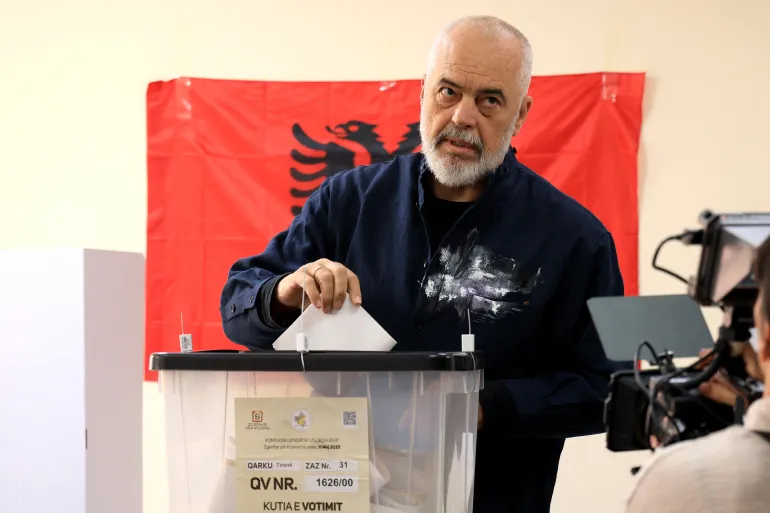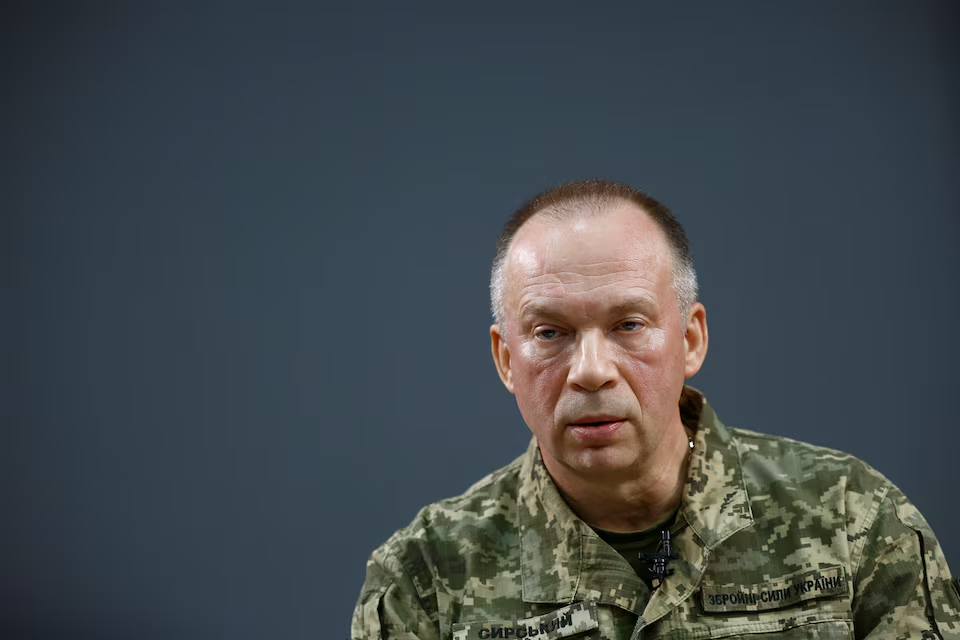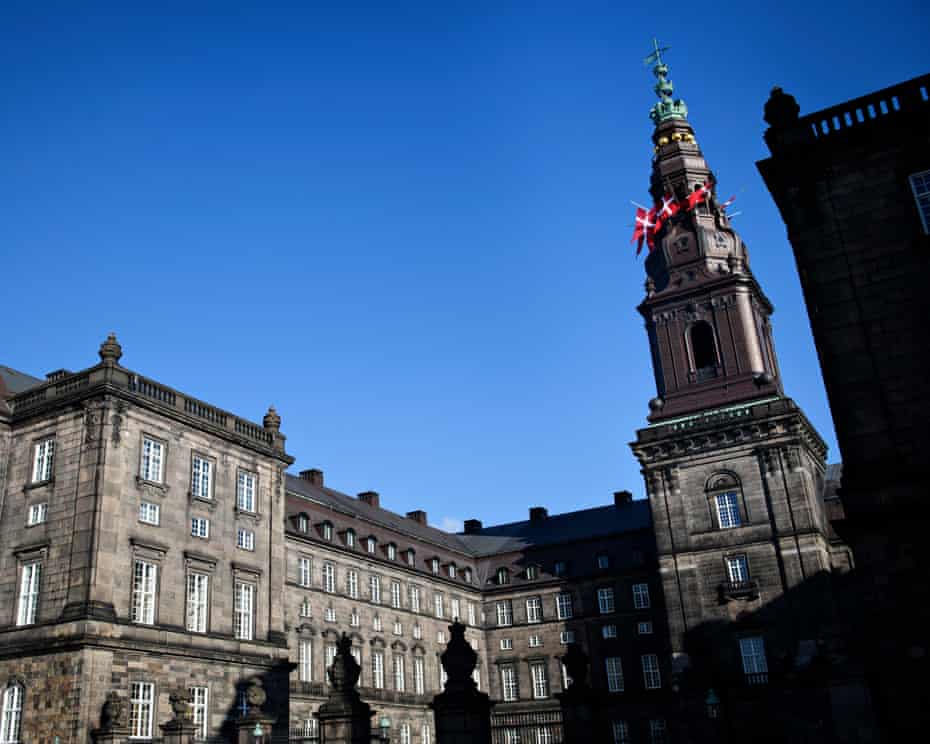Albania’s ruling Socialist Party, led by Prime Minister Edi Rama, has claimed a decisive victory in the country’s 2025 parliamentary elections, securing a historic fourth consecutive term in office. The win cements Rama’s position as one of the most enduring leaders in the Balkans and gives his party a strong mandate to push forward with long-promised reforms and the country’s aspirations for European Union membership.
According to the Central Election Commission, the Socialist Party won 75 out of the 140 seats in parliament, giving it a slim but clear majority. The opposition Democratic Party, led by Gazment Bardhi, trailed significantly with 50 seats, while smaller parties and independents claimed the remaining seats. Voter turnout was reported at approximately 52%, slightly lower than in previous elections, reflecting public fatigue amid ongoing economic and political challenges.
Prime Minister Rama hailed the victory as “a mandate for stability, progress, and European integration.” In a speech to supporters in Tirana, he vowed to deliver on promises to modernize Albania’s public institutions, tackle corruption, and improve the quality of life for ordinary citizens. “The Albanian people have spoken clearly: they want continuity and progress, not division and delay,” he said.
The election took place in a tense political environment, with the opposition accusing the government of misusing state resources and exerting undue influence over the media. However, international observers from the Organization for Security and Co-operation in Europe (OSCE) described the election as generally free and fair, though they noted concerns about the lack of transparency in campaign financing and the tone of political discourse.
The result is a major blow to the opposition, which had hoped to capitalize on voter frustration over persistent unemployment, emigration, and delays in Albania’s EU accession talks. Democratic Party leader Bardhi acknowledged defeat and called for unity within the party, stating that a full internal review would be undertaken. “This is a moment for reflection, not despair,” he said.
The election also signals continued support for Albania’s European path, despite increasing skepticism from some EU member states. The Socialist Party has made EU accession a central pillar of its agenda, and Rama has personally championed closer alignment with Brussels. In recent years, Albania has implemented several reforms to meet the EU’s criteria, but progress has been slow, and formal negotiations remain in early stages.
European leaders were quick to congratulate Rama on his victory. European Commission President Ursula von der Leyen tweeted her congratulations and reaffirmed support for Albania’s EU journey. “We look forward to continuing our close partnership with Albania in the spirit of shared values and aspirations,” she said.
Domestically, Rama faces mounting pressure to deliver results in areas that have long plagued the country—particularly corruption, judicial independence, and organized crime. Critics argue that despite repeated promises, systemic issues remain deeply entrenched. The European Commission’s latest progress report praised Albania’s reform efforts but also called for stronger implementation and enforcement of anti-corruption measures.
One of Rama’s immediate challenges will be revitalizing Albania’s economy, which has struggled with high youth unemployment and a significant brain drain, as young professionals continue to leave for opportunities abroad. The government has pledged to boost job creation, attract foreign investment, and improve infrastructure, but success will depend on political stability and sustained reform.
The new parliament is expected to convene within the coming weeks, and Rama will formally present his new cabinet shortly thereafter. Analysts expect him to retain several key ministers while introducing new faces to signal a renewed focus on governance and innovation.
With a fresh mandate and international goodwill, Rama and his Socialist Party now face the task of translating electoral success into concrete improvements for Albania’s citizens—and fulfilling the promise of bringing the country closer to full European Union membership. Whether this fourth term will be defined by bold reforms or political fatigue remains to be seen.
Source: Al Jazeera



